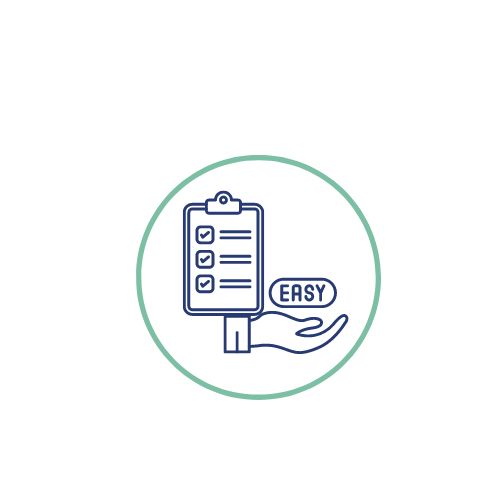Edit Content

Office No. 402, 4th Floor, Marathon Nextgen Campus, Marathon Icon, Ganapatrao Kadam Marg, opposite Peninsula Corporate Park, Lower Parel, Mumbai, Maharashtra 400013

Life is unpredictable, but with Endowment Plans in India, your future stays secure and financially protected.
By clicking on above you agree to our Privacy Policy and Terms of use.





An Endowment Plan is a type of life insurance policy that combines both investment and insurance. It provides a lump sum payout at the end of a specified term or upon the policyholder’s death. The payout can either be in the form of a death benefit or a maturity benefit, depending on the circumstances.
The primary purpose of an Endowment Plan is to provide financial security to the policyholder’s family in the event of death and to help build savings for future financial goals, such as education, marriage, or retirement.

An Endowment Plan is a unique combination of Life Insurance and investment, designed to provide both Financial Protection and disciplined savings. This Savings Plan ensures that policyholders receive a Maturity Benefit upon policy completion or a Death Benefit in case of an unfortunate event.
Endowment policies are highly preferred in India for securing future financial goals like children’s education, home purchases, and retirement. According to the Insurance Regulatory and Development Authority of India (IRDAI), the life insurance sector collected first-year premiums worth Rs 3.71 lakh crore in FY 23, reflecting a significant rise from Rs 3.14 lakh crore in FY 22. The sector’s penetration stood at 4% in FY 23, largely driven by life insurance products.
As insurance providers compete to attract customers, they offer diverse Endowment Insurance plans to cater to varying financial needs.
An Endowment Insurance plan is ideal for:
However, an Endowment Policy may not suit individuals:
Choosing the right Policy Term depends on personal Financial Protection needs and risk appetite. Consulting a financial advisor ensures the best decision.
An Endowment Plan requires the policyholder to pay premiums regularly. In return, the insurer provides Insurance Coverage along with an investment return. If the policyholder survives the term, they receive a Maturity Benefit consisting of the Sum Assured and accumulated Bonuses. If the policyholder passes away, the Death Benefit (including any Additional Bonuses) is paid to the Beneficiary.
An endowment policy is a life insurance policy that carries a savings and life cover benefit. The amount earned is made payable in one sum either when the policyholder dies or after a certain term of years. Some benefits include the following:
Life Coverage: A term end policy covers the financial security of the beloved ones during their lifetime, meaning at the time of death.
Savings Goal: If you survive the term, they give you the payout as a lump sum, so you can save for future goals, for example retirement or your children’s education.
Endowment policies commonly have a guaranteed sum assured. Even in case of failure of the investment part of the policy, the policyholder gets some minimum.
As compared to other available market investment products like stocks or mutual funds, endowment policies are relatively less risky. The premiums you pay are put in instruments that are low-risk, and therefore, the returns from these are more stable.
– Premiums paid towards the policy may be tax-deductible under certain sections of tax laws (depending upon the country). In most cases, the amount on maturity or death is also tax-free .
Since endowment policies require premium payments every year over a long time, they encourage disciplined savings and allow people to create a corpus for the future .
Many endowment policies carry bonuses, for instance, reversionary bonuses, which are added annually to the policy, and terminal bonuses, which are received at the expiration of the term. Such factors may bring an enormous boost to the payout increasing the returns accrued in the policy.
An endowment policy also provides security through the provision of a guaranteed lump sum amount, either at death or upon maturity, which may help in the facilitation of funds for significant expenses of life, such as the purchase of a house, education, and retirement.
Many endowment policies are now allowing the policyholder to borrow against the cash value of the policy after years. This shall be helpful to give liquidity in a situation when there exists a requirement at hand and not necessarily insisting on surrendering the policy.
When the policy matures, the policyholder receives a one-time lump sum payout. It may be helpful in funding retirement, repaying loans, or in achieving life goals.
An endowment policy could be a suitable choice for those searching for insurance together with some investment with relatively minimal risk.
The exact documents required for an endowment policy vary from insurer to insurer and the type of policy you would like to opt for. However, some of the common ones that usually included are:
Once again, these are general requirements, and individual insurance companies might ask for more documents or have specific criteria.